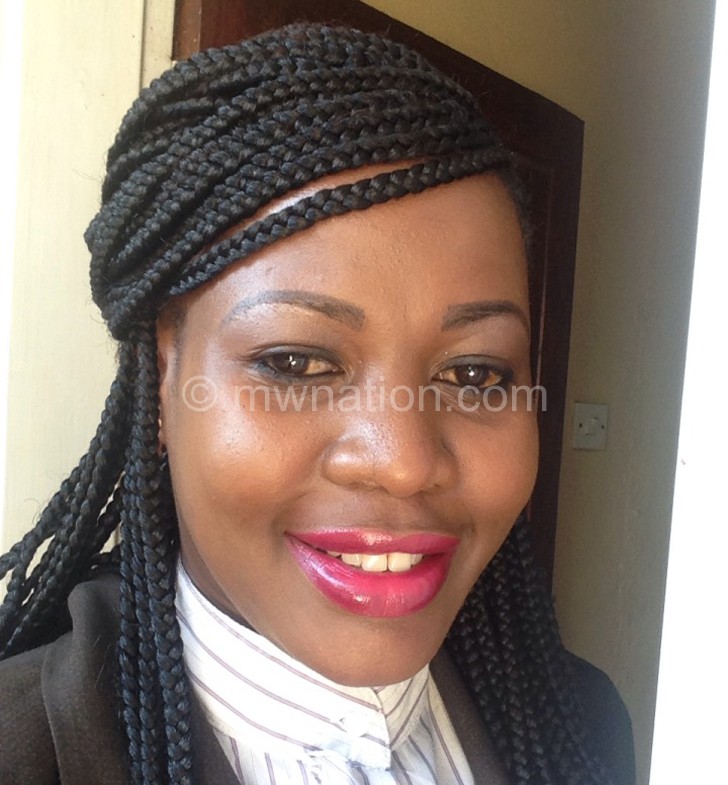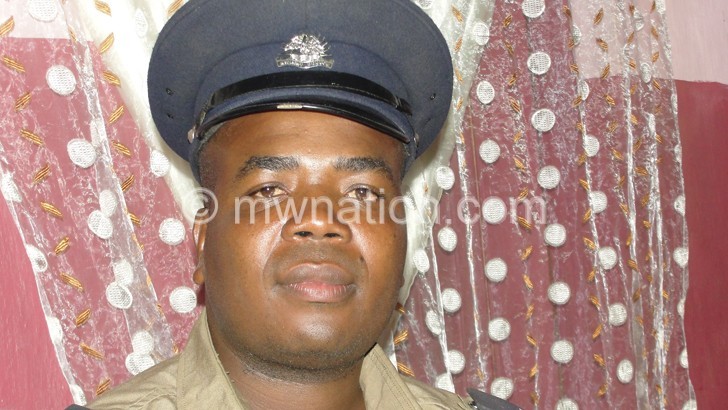Five out of 57 pass lawyers bar exam
Only five of the 57 candidates who sat for the Malawi Law Examinations (bar exams) have passed, representing a nine percent pass rate.
The development has elicited debate on the administration of the examinations by the responsible authorities.

The examination is prescribed to test candidates who obtained their legal education abroad on the local laws and practice and procedures of the courts.
Of the five who have passed the exam, three are women, among them Apoche Itimu, who is the spokesperson of the Ministry of Justice and Constitutional Affairs.
The development further reduces the number of lawyers who can practise in the country as there are about 900 lawyers, of which only 334 are licensed by Malawi Law Society (MLS). This means there is one lawyer for 45 000 Malawians at each given time, according to MLS.
According to Section 9 of the Legal Education and Legal Practitioners Act (2004), a person cannot practise as a lawyer in Malawi unless s/he has been admitted to the bar through the examination, which is administered by the Council for Legal Education established under the Act.
The law sets out stringent measures for those who hold foreign law qualifications unless it was obtained in a country that has a Common Law or practices Roman-Dutch law such as South Africa.
In addition to this, MLS has expressed concerns over the poor administration of the examinations by the Council of Legal Education, which has no secretariat and whose administrative functions rest with the Registrar of the High Court of Malawi as a result.
MLS secretary Khumbo Soko said the results would only improve if the Council for Legal Education had its own staff and premises.
He said: “It obviously doesn’t lie in our mouths to say that these administrative hiccups are responsible for the miserable success rate during the last exams. We certainly wish more had made it because the country could certainly use more lawyers.
“But again, standards should not be slackened for the sake of it. The good thing is that the door has not been shut to those who may wish to try their luck again and we can only wish them well as they plan to retake the exam.”
Apart from the poor administration of the examinations, the candidates are given the syllabus, whose subjects change from one bar exam year to the next, a few weeks before the date of the exam, which is also not specifically known, observed Soko.
Adding his voice to the poor results in the bar exam, law scholar and PhD student based in the United Kingdom, Sunduzwayo Madise, posted on Facebook tips advising candidates to study the Malawi legal system, Malawi criminal law, Constitution and administrative law.
He also said they need to have practical and demonstratable knowledge of the Malawi civil and criminal procedure, evidence, advocacy and ethics, taxation but also drafting.
Madise said practical knowledge could only be learned through practice and being under the pupilage of an experienced lawyer.
“The simple basic truth is that without practising, you cannot pass the bar exam. It is designed that way on purpose, the world over,” he said.
However, Section 10 of the Legal Education and Legal Practitioners Act mandates the council to develop a syllabus and make it available “at least 30 days before the date of the examination”.
If a candidate fails the exam, he can only repeat not more than four times subsequent to the first attempt, according to Section 10 (9) of the 2004 amended Act.





